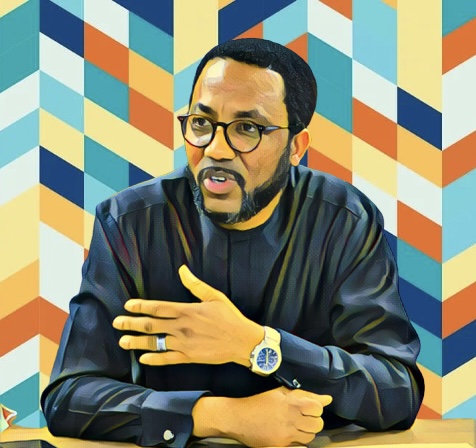The Nigerian Ports Authority (NPA) is embarking on an ambitious $1.1 billion port rehabilitation venture, set to propel trade and outpace regional competition. Announcing this at the 43rd Port Management Association of West and Central Africa (PMAWCA) conference in Lagos, Managing Director Mohammed Bello Koko highlighted a bold 25-year port masterplan. This plan will align stakeholders toward unified marine and logistics progress.
Targeting the century-old Tincan Island and Apapa ports among others, the NPA aims to start with these for a comprehensive revamp. Koko asserts that the move will expand port capacities and deepen navigational drafts to 14 meters, thus sharpening Nigeria’s edge in global maritime trade.
Additionally, the NPA seeks to bolster private sector ties, fostering new seaport development. The operational Lekki Deep Seaport and the forthcoming Badagry Deep Seaport, with Middle Eastern investment, mark strides toward integrated transportation networks.
Moreover, Koko addressed the inefficiencies of road-dependent cargo movement. Consequently, the NPA is broadening its scope, enhancing barge services, and extending the rail network. The railway has already made its way to Apapa port, with plans to stretch to TinCan port. Rail preparations for Onne port are ready, with the launch eyed for the next year.
In a leap towards efficiency, the NPA is going digital, automating collections and collaborating with the International Maritime Organization (IMO). A new port community system is set to refine cargo clearance procedures.
According to a report by This Day Live, Koko also spoke on streamlining port operations. A fresh port process manual will clarify the roles within the ports, aiming to cut costs and improve efficiency.
Concerning safety, Koko praised the Deep Blue project for bolstering security in the Gulf of Guinea and reducing piracy.
In partnership with the Nigeria Customs Service (NCS), the NPA is committed to easing trade and lowering port-related expenses.
PMAWCA President Martin Boguikouma urged African nations to confront regional hurdles in light of the African Continental Free Trade Area (AfCFTA). He pushed for collaboration and capacity enhancement in customs and ports, vital for seamless cross-border trade.
Boguikouma also noted Gabon’s steps to facilitate trade, including harmonized customs procedures — a critical component for AfCFTA’s success.



